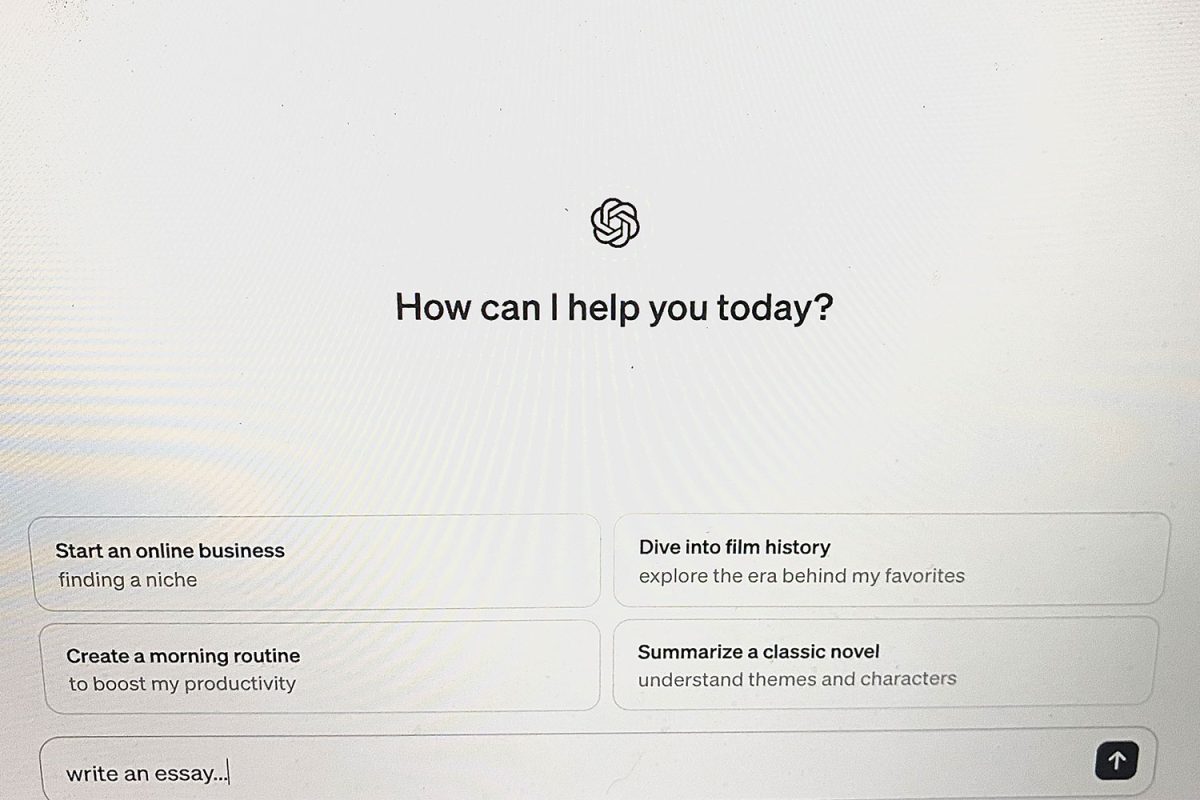“There’s 104 days of summer vacation, and school comes around just to end it. But the annual problem of our generation” might be to figure out how long of a summer break we actually need. The current 9-month schedule was created when the majority of Americans needed their children to be home for the summer harvest. Now, many believe it’s time to “modernize” and have year-long school with a shorter summer break. Several countries, including Denmark, Germany, and Australia, as well as 10% of US school districts, have reduced summer break to around 6 weeks and spread out vacation time throughout the year. Is it time for Strath Haven to catch up?
Some of those who want change believe that summer vacation is long– too long. Junior Lena Graziani reports that while the start of summer is fun, after some time, the days feel endless and lack the much-needed structure that a school day provides. Additionally, she believes that the long break from school leads her to forget some of what she learned. And she’s not alone. Dr. Matt Makel, a sociologist at Duke University, calls this phenomenon the “summer setback,” and concludes that it may contribute to the widening achievement gap between high- and low-income students. While high-income students have the opportunity to attend summer classes and camps to continue their learning, many low-income students are left at home without any enrichment. Of course, having school all year long would not magically resolve this deeply entrenched issue, but it could be a step in the right direction, as students of all backgrounds remain educationally stimulated throughout the year. In fact, Graziani believes that such an approach could save classrooms the many weeks they spend reviewing, allowing more time for new material.
On the flip side, others believe summer break to be the only time when students can actually relax. According to Senior Ella Kane, other breaks, like winter or spring, are plagued with thoughts of going back to school, preventing true relaxation. Making them longer wouldn’t change this fact. Only during summer is the school year definitively over and true zen achievable.
Additionally, Kane argues that for many, summer is the only time for a job. These jobs teach students responsibility, financial skills, and allow them to save money for college. Shortening summer break would reduce the opportunity to learn non-school skills. This affects younger children as well; summer camps would have to be shortened, diminishing a child’s ability to explore different things, like music, art, and sports.
Overall, however, having longer breaks throughout the year, rather than one big break over the summer, would make school less stressful. Using the 60-20 approach (60 days of school followed by a 20 day break), or the 45-15, would prevent students from burning out in the middle of the semester and offer a much needed break. Additionally, a 6-week summer seems sufficient for most jobs, camps, or vacations. Ultimately, we should “enjoy all things in moderation;” rather than one long break, spreading it out allows students more opportunities to leave the hectic environment of school and unwind.
















